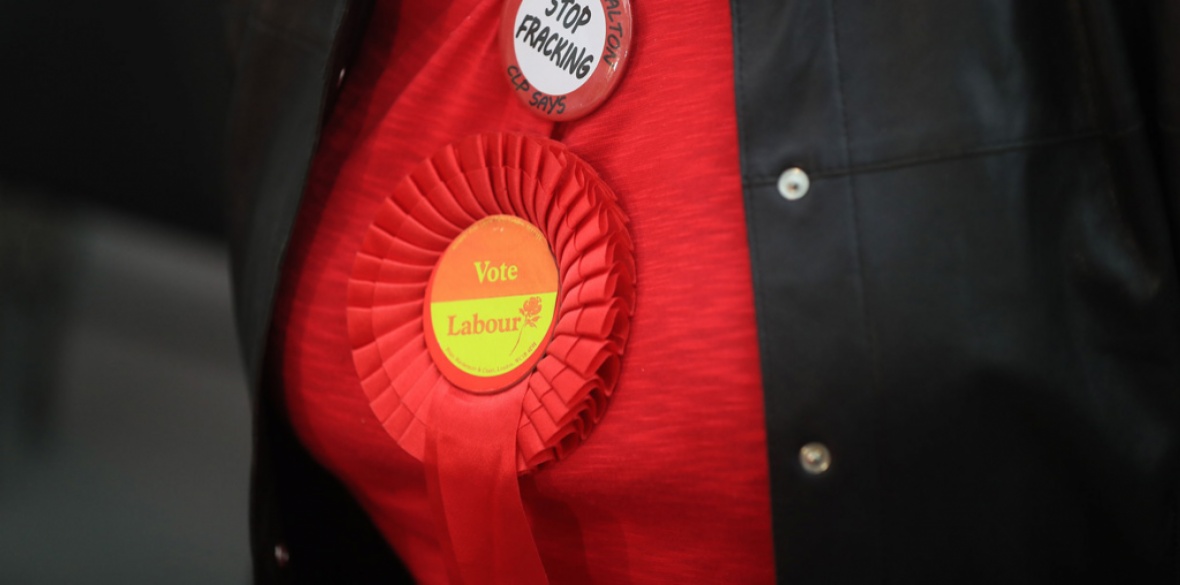This is the last article you can read this month
You can read more article this month
You can read more articles this month
Sorry your limit is up for this month
Reset on:
Please help support the Morning Star by subscribing here
I WAS recently chosen to stand for selection to be a candidate for a local by-election as a councillor.
As a well-known community activist, I was overjoyed and even more so when I won the vote and was selected as the local labour ward’s chosen candidate.
However my joy was short-lived. Following a meeting held by my local Labour Party Campaign Forum, it was decided that I would be deselected, because, in their words, “it would bring the council and local Labour Party into disrepute.”
They came to this decision because it was revealed that I owe council tax.
The community charge, commonly known as the poll tax, was a system of taxation that was introduced in replacement of domestic rates in Scotland from 1989, prior to its introduction in England and Wales from 1990.
It provided for a single flat-rate per capita tax on every adult, at a rate set by the local authority.
The charge was replaced by council tax in 1993, two years after its abolition was announced. Rates of payment are declared locally and differing areas have different rates of payment.
However, combined with the bedroom tax, paying council tax at the rate decided by local authorities is often near impossible.
Trying to get some kind of leniency from local authorities is often very difficult and seemingly pointless at times. Often met with hostile words, people give up.
This is compounded because cash-strapped local authorities rely upon payments of council tax to fund local services. And pressure is put both upon councils themselves and the poorest in their boroughs.
Council tax, however, is a regressive policy. It can cost more for councils to implement than receive. Many local authorities employ private bailiff companies to retrieve debts and some of these bailiff companies use questionable and intimidating methods.
Non-payment of a debt is often not a choice. Unreliability of employment, zero-hours contracts, universal credit, the bedroom tax and the government’s austerity policies can all contribute to becoming behind in payment.
Debt for many like myself has become a way of life, not a choice. Making the decision to either eat or pay a bill is an unwanted position that thousands are in every day.
While we have abolished debtors’ prisons, unpaid council tax debt still remains one of the few debts that you can be imprisoned for.
Those incarcerated are usually the poorest and most vulnerable, those with the least.
There is still a huge stigma towards those that can’t pay council tax by both local councils and the public, even more so than bankruptcy and tax avoidance.
Labour-run authorities need to stop being so accepting of their dependence upon council tax for income. Instead they need to challenge the government upon cuts to central funding.
Being in debt is a part of everyday life for almost everyone either on a low income or benefits, there’s no escaping it. Essentials for life are bought first, leaving little left for bills.
While I accept the local Labour Party’s decision and the decision of the North West Labour Party where I made my appeal, I am criticising the system upon which this decision was based.
Regarding someone with council tax debt as being unsuitable to take part in local government is effectively saying that, if you are poor, you can’t take part in local politics. You are prejudged “unsuitable” even though you might be the most suitable person to represent your area.
It prevents many working-class people becoming politicians, something which the Labour Party states that it encourages.
The system does need to change. I stated this at my appeal hearing and, even though I was deselected, I did this graciously and I hope this can be turned into something positive for people.
There needs to be more understanding and support from the Labour Party. To stand as either a councillor or MP costs money and any working-class person can’t be expected to be debt-free. There also needs to be a review of membership and conference fees to enable the Labour Party to be accessible to all.
I’m very hopeful that the Labour Party will now try to devise a system that supports and understands working-class people much better in future. The issues have been raised with the party repeatedly. I will continue to campaign for this change alongside the NEC to make this possible.
For the party to actively encourage ordinary working-class people to take part would increase membership and local participation.
Discrimination on the basis of being poor is not acceptable and, until the appropriate changes are made, thousands of people like myself will be discouraged and prevented from taking part in local and national politics. Is this really what the Labour Party wants?
I look forward to help make these changes and to make the Labour Party the true party of the working class.











